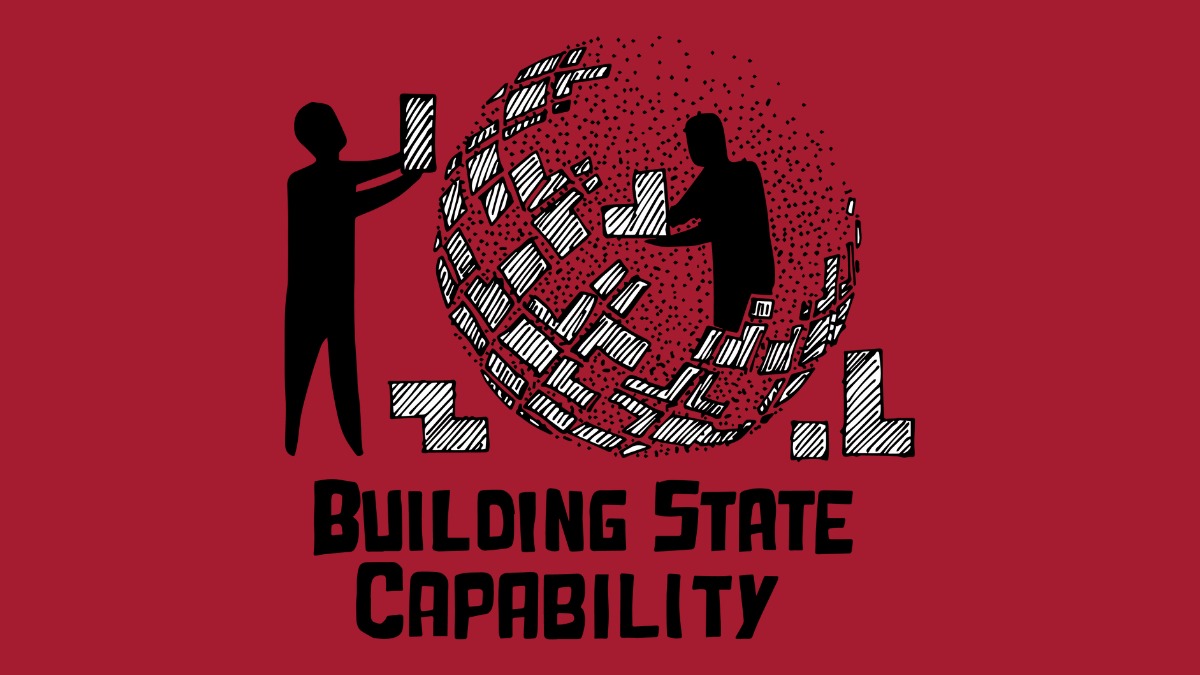On April 10th, 2020, we hosted a third virtual discussion with Matt Andrews, who answered audience questions on his new Public Leadership Through Crisis blog series.
Here are some of the questions he answered:
- How do you best gain community buy-in to a response strategized and enforced by institutional and government actors?
- Given how long this crisis is expected to last, what advice and strategies would you recommend to prevent burnout among leaders?
- Usually pandemics last for years. We cannot have highly restrictive government measures for too long. Already the economic damage has been huge. What would the governments likely to be doing after the current rounds of lockdowns and restrictions to tackle this
- There is concern that those suffering from partner violence or child abuse are unable to get assistance. Asking them what they need isn’t feasible or even safe for them. How should we be getting their insight?
- What could be the impact of COVID-19 on Sub-Saharan Africa and other fragile economies, particularly if the scale of outbreak is beyond the limited capacity of Government to deal with it. Also, when these countries cannot afford long-term social distancing measures or lockdowns because of frail economies. Number of these countries are facing impossible scenario and lose-lose policy options?
Thank you to ALL those who attended our third session and for engaging with us. If you missed the session, you can listen to it here. We are now holding these virtual sessions every Friday morning at 9am EST. Follow our blog to get registration information!
https://harvardbsc.simplecast.com/episodes/ltc-6-a-virtual-discussion-with-prof-matt-andrews-april-10-2020
BSC’s new Public Leadership Through Crisis blog series offers ideas for leaders questioning how they can help and what kind of leadership is required in crises. Each blog offers a few ideas as well as questions for reflection, thus creating a space for learning and contextual reflection.
